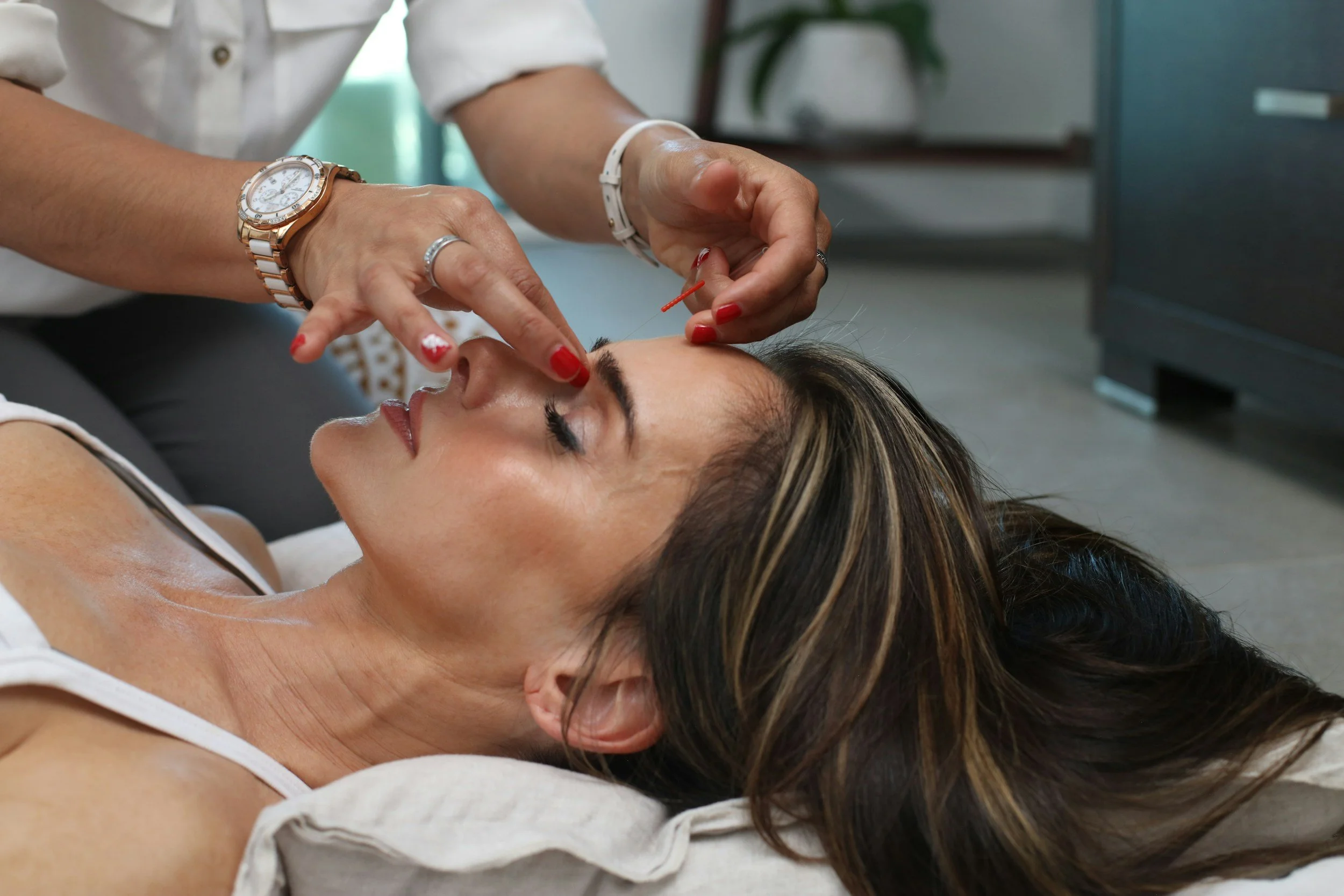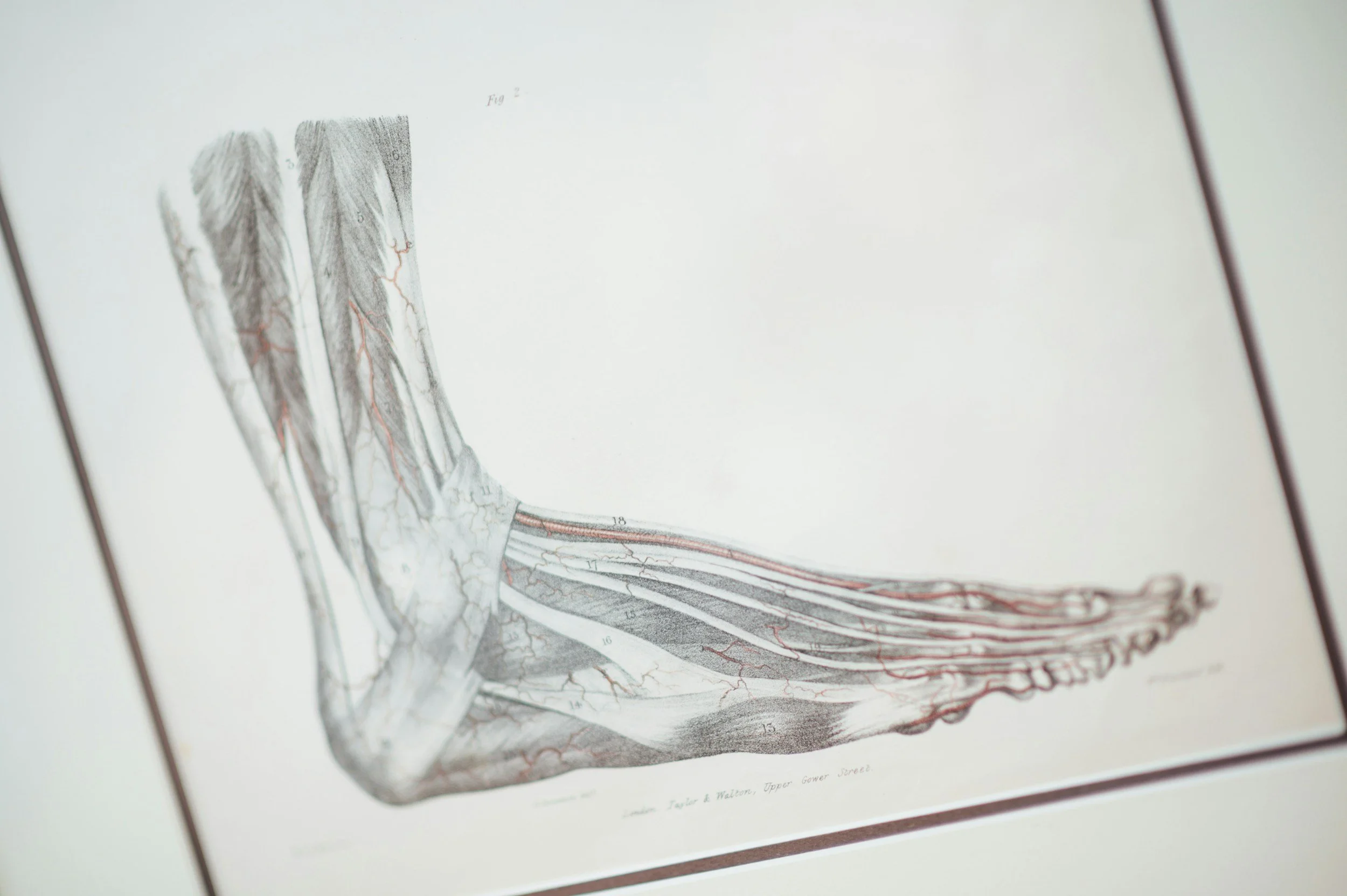Acupuncture for Anxiety: Finding Calm in a Chaotic World
In an era defined by constant stimulation and pressure, anxiety has become a pervasive challenge, affecting millions seeking relief. While traditional talk therapy and medication are cornerstone treatments, many are looking to complementary approaches to find a deeper sense of calm. Among these, acupuncture, a key pillar of Traditional Chinese Medicine (TCM), is gaining recognition not as a mystical cure, but as a sophisticated, evidence-supported tool for regulating the nervous system and managing anxiety.
From a TCM perspective, anxiety is not merely a psychological state but a manifestation of imbalance within the body's energy system. It is often linked to an disruption in the flow of Qi (vital energy), particularly involving the Heart and Shen (spirit), which governs mental clarity and calm, and the Spleen, which is associated with worry and overthinking. An acupuncturist’s role is to diagnose the specific pattern of imbalance—be it Deficient Heart Qi, Liver Qi Stagnation, or Yin Deficiency—and select acupuncture points accordingly to restore harmony, nourish the spirit, and anchor the mind.
The modern scientific explanation for acupuncture’s efficacy is equally compelling. Research suggests that the insertion of fine, hair-thin needles at specific points on the body stimulates the nervous system to produce a powerful cascade of neurochemical responses. This includes the release of endorphins, the body's natural "feel-good" opioids, which promote relaxation and a sense of well-being. Acupuncture has also been shown to regulate key neurotransmitters like serotonin and gamma-aminobutyric acid (GPA), which play crucial roles in mood stability. Furthermore, it can lower the body’s production of stress hormones like cortisol and adrenaline, effectively signaling the nervous system to shift from a sympathetic ("fight-or-flight") state to a parasympathetic ("rest-and-digest") state.
A typical treatment session offers something rare in modern life: a dedicated hour of quiet repose. In a tranquil environment, the gentle placement of needles is typically painless. Patients often report a heavy sensation or a dull ache known as "de Qi," signifying the arrival of energy. This is followed by an overwhelming feeling of deep relaxation that many describe as meditative. This combination of neurobiological change and enforced mindfulness creates a powerful reset for an overstimulated mind.
It is crucial to view acupuncture as a component of a holistic anxiety management plan, not a standalone cure. Its greatest power is unlocked when integrated with other strategies like psychotherapy, exercise, and nutrition. A course of treatment, often involving weekly sessions initially, is typically recommended to achieve cumulative and lasting results.
For those navigating the turbulent waters of anxiety, acupuncture offers a unique pathway to calm. It is a practice that treats the individual as a whole—mind, body, and spirit. By leveraging the body’s innate healing intelligence, it provides a natural, non-pharmaceutical option for reducing symptoms, enhancing resilience, and fostering a profound and lasting sense of inner peace amidst the chaos of the modern world.




